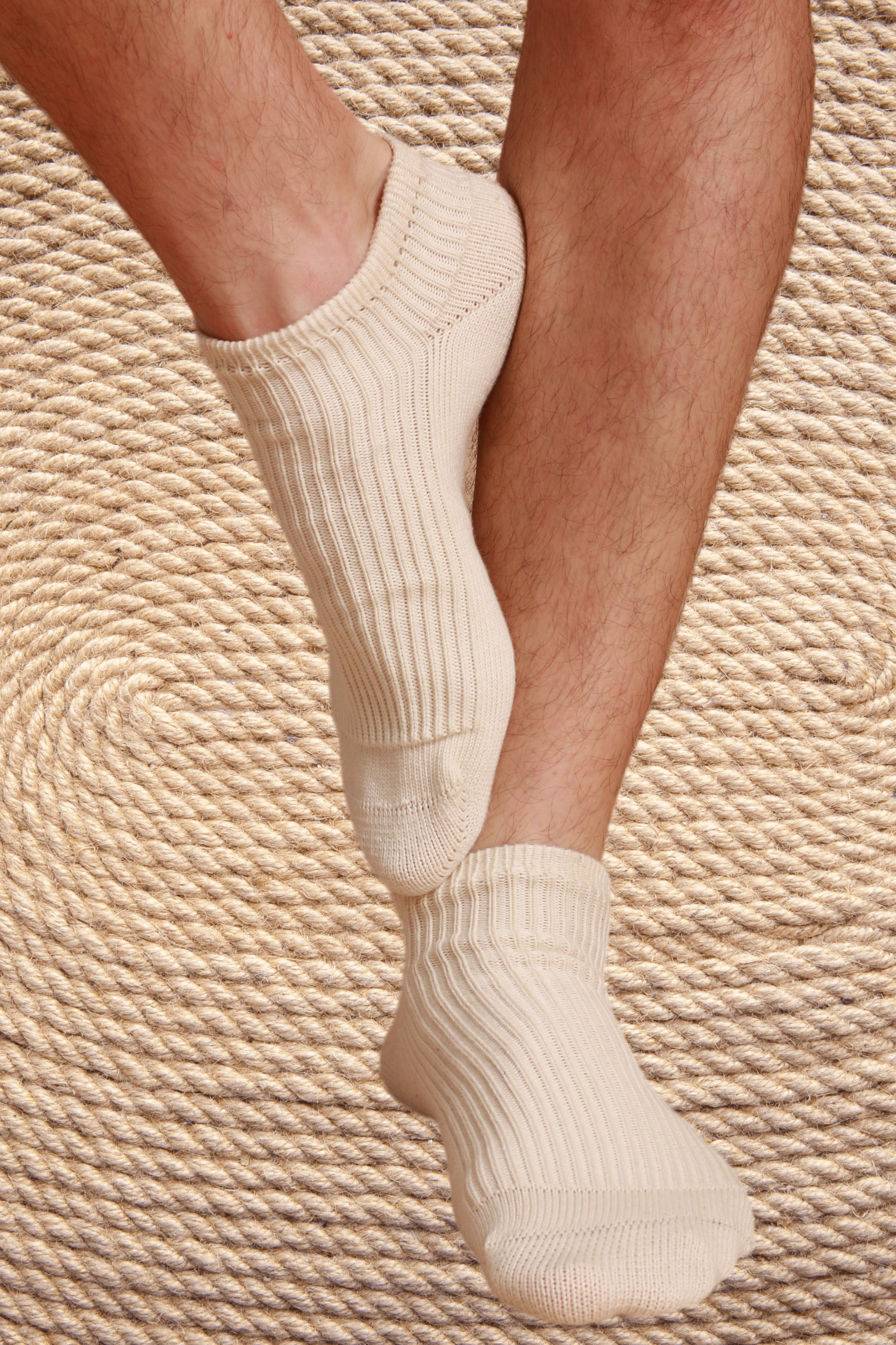When spring is around the corner it’s important to know the precautions you need to take in order to keep your allergies at bay. But it’s also important to know what myths are there in spring allergies so that you won’t fall into that trap like everybody else and here are some you should know.
Myth #1. Daily intake of allergy medicines will build tolerance

As most of us believe the more often you take something, like vitamin C or vegetables, the better of healthier you become. So it’s quite understandable if some of us think that taking allergy meds every day can someday help us build a tolerance to seasonal allergies.
Unfortunately, this isn’t true. Up to now there has been no scientific basis yet that can ascertain taking allergy medicines daily will build your body’s tolerance to allergies.
Myth #2. Blooming flowers cause allergies

Actually the trees are the culprit for your sneezing and hives. According to scientists the pollen that comes from trees, like oak, birch and maple, triggers pollen allergy symptoms.
Myth #3. Allergy meds can wait until spring

Scientists say that the best time to take your allergy medication for springtime is about two weeks before spring starts. The reason for this is that when winter is about to end the allergens that are present during spring are already out and about.
But during the transition from winter to spring the temperature can fluctuate and the amount of allergens in the air will be affected. When the temperature is high, allergens can go up as well and when the temperature is low allergens can go down too.
But what this does to the human body is that people’s immune system can be hyper-reactive due to the fluctuating levels of allergens in the air and when springtime has finally arrived even a small amount of pollen can cause a massive reaction to these allergy-sufferers.
Myth #4. Raw honey won’t help you
There was a theory floating through the internet before that said if people with spring allergies eat raw honey they will be immune to their allergies. The logic here is that when people eat the honey that bees made from the plants those people are supposedly allergic to then they will build immunity to the allergens.

But according to scientists, the pollen that comes from the flowers that bees get to make honey isn’t the pollen that triggers allergic reactions.
In fact, the pollen that people are allergic to comes from trees such as birch, oak or maple as mentioned earlier.
So close but no cigar.
So those are just some of the myths that some people believe about spring allergies and it would be wise for you to deem them as inaccurate so that you can help prepare yourself when springtime, and spring allergies at that, comes.
DISCLAIMER: The information presented on Cottonique is not, and will never be, intended to be a substitute for professional medical advice, diagnosis, or treatment. All content materials found on this site, from text, treatments, outcomes, charts, graphics, photographs, and study findings, are created and published for general informational purposes only. It should not, in any way, be construed as a standard of care to be followed by a user of the website.
Thus, readers are encouraged to verify any information obtained from this website with other accurate references and review all information regarding any medical condition or treatment with their physician. As Cottonique strives to help those with allergies live with better days, the hypoallergenic apparel brand encourages everyone to always seek the advice of your physician or other qualified health providers with any questions you may have regarding a medical condition.









Leave a comment
All comments are moderated before being published.
This site is protected by reCAPTCHA and the Google Privacy Policy and Terms of Service apply.